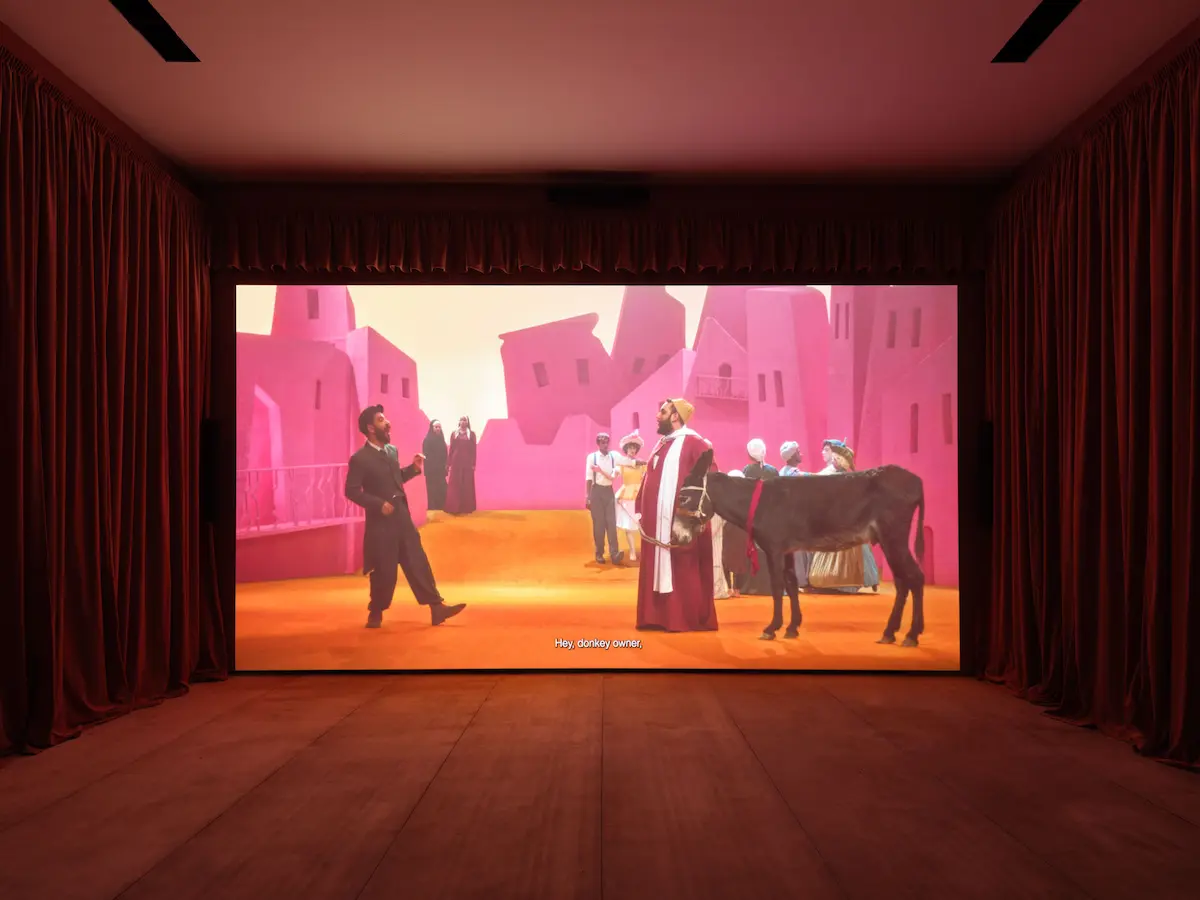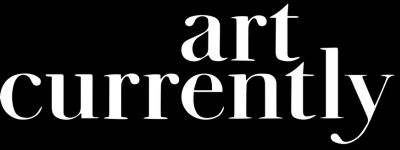Podcaster Folasade Ologundudu Features New Cast to Discuss African Diaspora in a New Season at the Venice Biennale
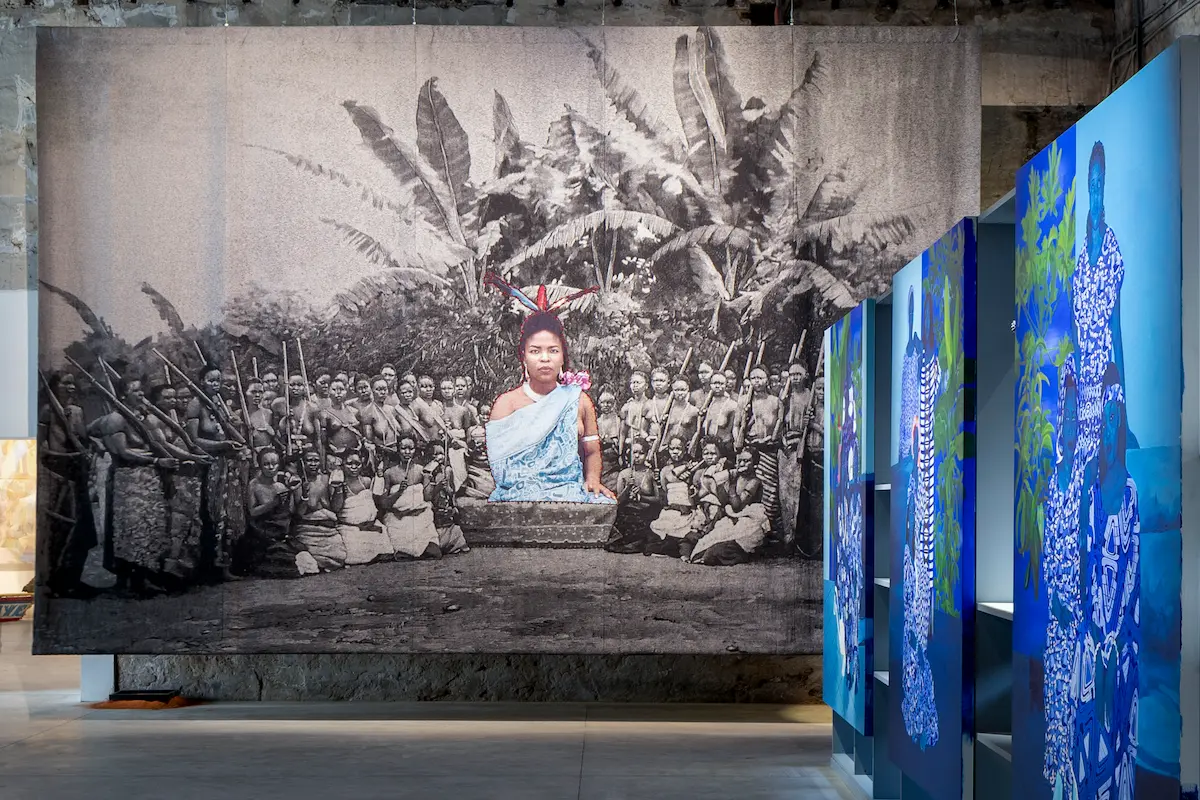
"Iyàlóde" - Ishola Akpo. Photo by Jacopo La Forgia.
Journalist by day, podcaster by night, Folasade Ologundudu had been covering the arts for years now before launching her own podcast “Everything is Connected”, under her creative platform Light Work in 2020. The podcast features interviews with influential curators like Maria Elena Ortiz and Larry Ossei-Mensah, as well as artists such as Sanford Biggers and, most recently, Jade Thacker. Once, Ologundudu dedicated a whole episode to a special tribute to the late Radcliff Bradley, inviting close friends and family to share their best memories.
In an exciting and exclusive new season, a six-episode series titled “Everything is Connected: African Artists and Curators in the Venice Biennale,” Ologundudu has lined up a banger cast focusing on the African diaspora, including Nigerian pavilion curator Aindrea Emelife, curator Azu Nwagbogu, and the South African multidisciplinary artist collective MADEYOULOOK, among others. Dedicated to the much-needed, and incredible outpour African diaspora representation of this year’s edition, the podcaster is wasting no time in getting deeper into the thought leaders involved, offering listeners a new perspective of this year’s cultural contribution to what’s considered the “olympics of the art world”.
In this interview, the tables turn and we speak to Folasade about her inspiration behind this season’s talks in “Everything is connected” available in Apple Podcasts, Spotify, and Amazon Music.
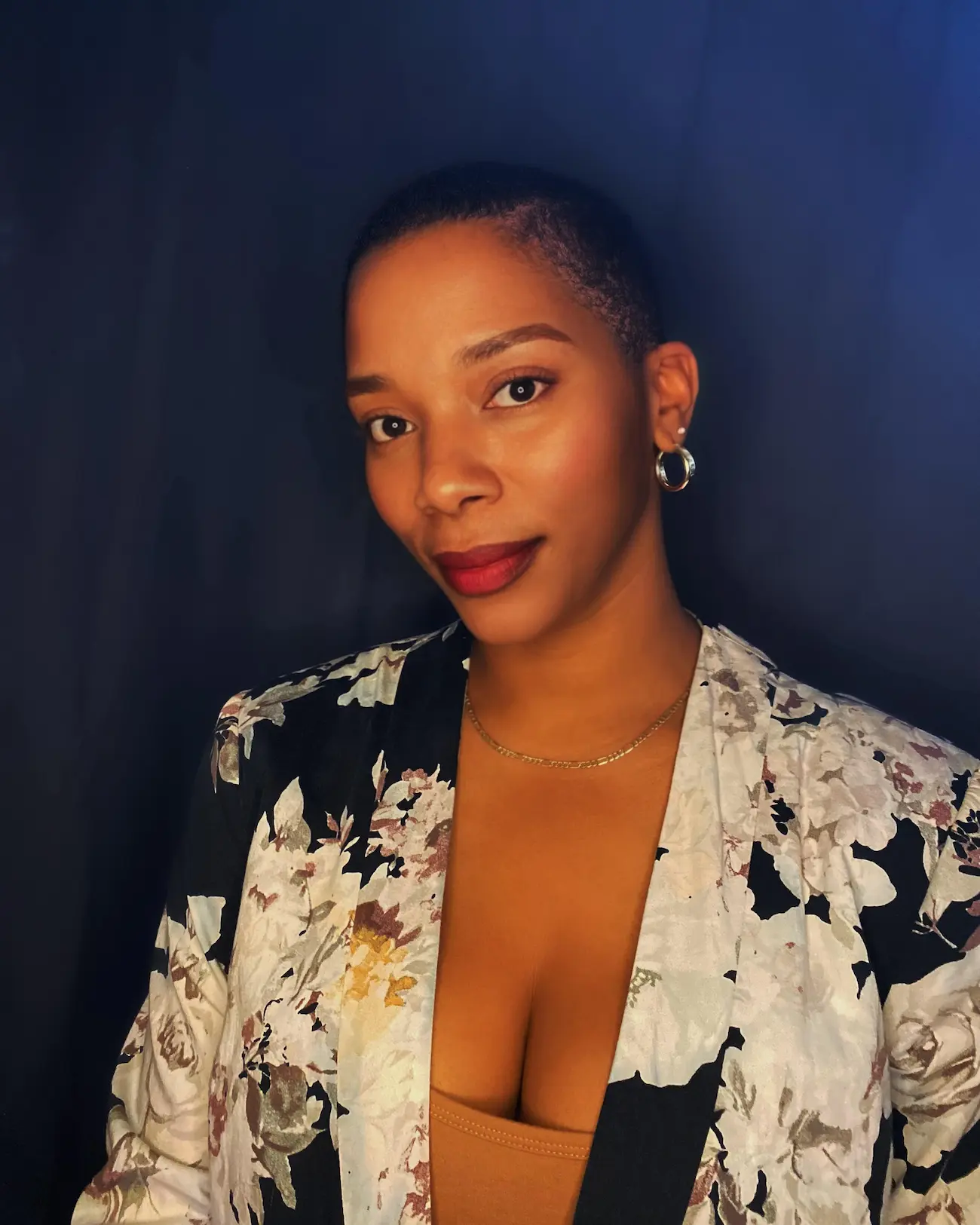 Portrait of Folasade Ologundudu
Portrait of Folasade Ologundudu
Folasade, what an exciting podcast season ahead. When did you have that eureka moment to host the season with a Venice Biennale focus?
I was talking to a colleague of mine and we had a brainstorming aha moment. I tend to find people that I like to collaborate with professionally and talk about ideas together. I was also really inspired by the 2022 Venice Biennale when Simone Lee represented the US as the first African American woman to do so. When I found out that this year's biennale was going to be historic in terms of its inclusion of artists and curators was from the African diaspora I knew I wanted my work to capture the importance and the relevance of that moment in broader and larger conversations about the way art impacts so many aspects of our lives as individuals and collectively.
Have you gained any insights or discoveries about the art world through your interviews and experiences at the Venice Biennale?
One of the most obvious is that curators specifically are presented with the challenge of representing an entire nation through a few bodies of work over a short period of time. The run of the Biennale is significant but at the same time it starts, and it stops. An exhibition is mounted, and it comes down. Each curator brings their unique point of view to the exhibitions they've curated and presents ideas while the audience comes to their own conclusions. What’s fascinating is the see these narratives from Africa through the eyes of African curators.
How do you hope your podcast will impact listeners and the broader art community?
I hope that my podcast offers insight into the minds of artists and curators of the African diaspora who are at the top of their game in the field. These are leaders in the field who are challenging the way that we see the world and our own positionality within it. They’re helping to reshape and reframe history by pulling on historical narratives that haven't always been told within mainstream media and bringing them to the most important presentation of art in the world.
What goes beyond this season for the podcast? Are there other editions or topics you are excited to explore in the future?
For now, I'll just say stay tuned! I have a lot of interests within and outside of the art world, so I'm really looking forward to continuing the conversations, continuing to talk to artists about their work, to curators about what they're passionate about, and bringing these conversations to audiences across the globe for people who are interested in the arts, people who are curious, and for those who may not have an interest currently, but may develop one after listening to the show.
